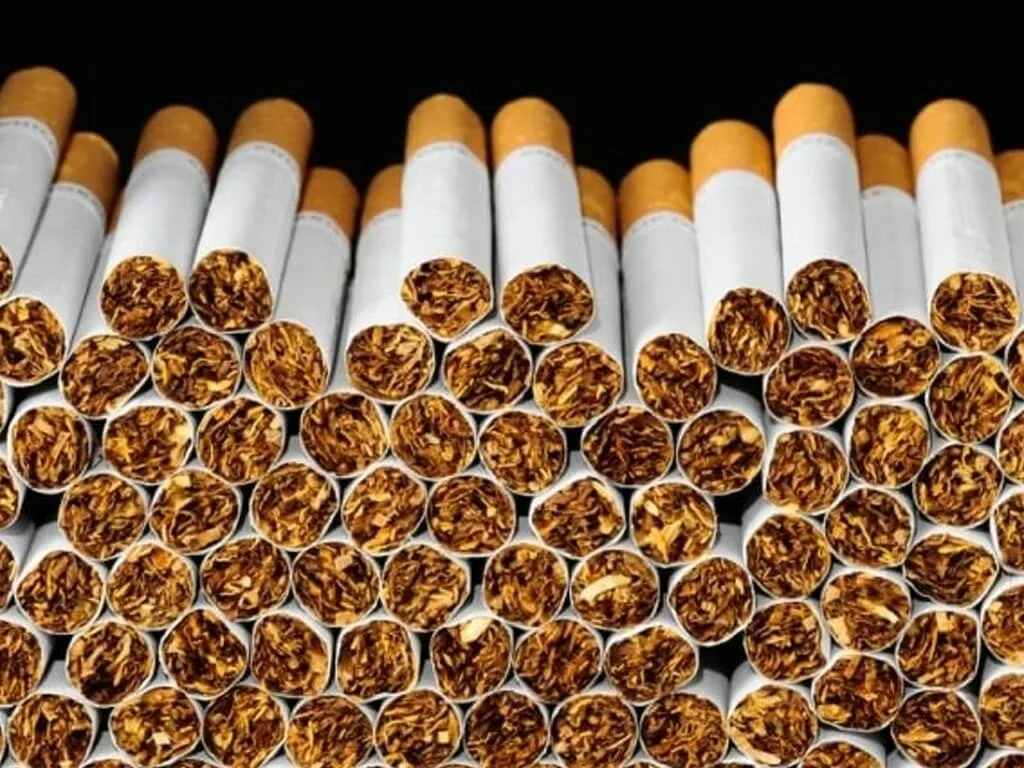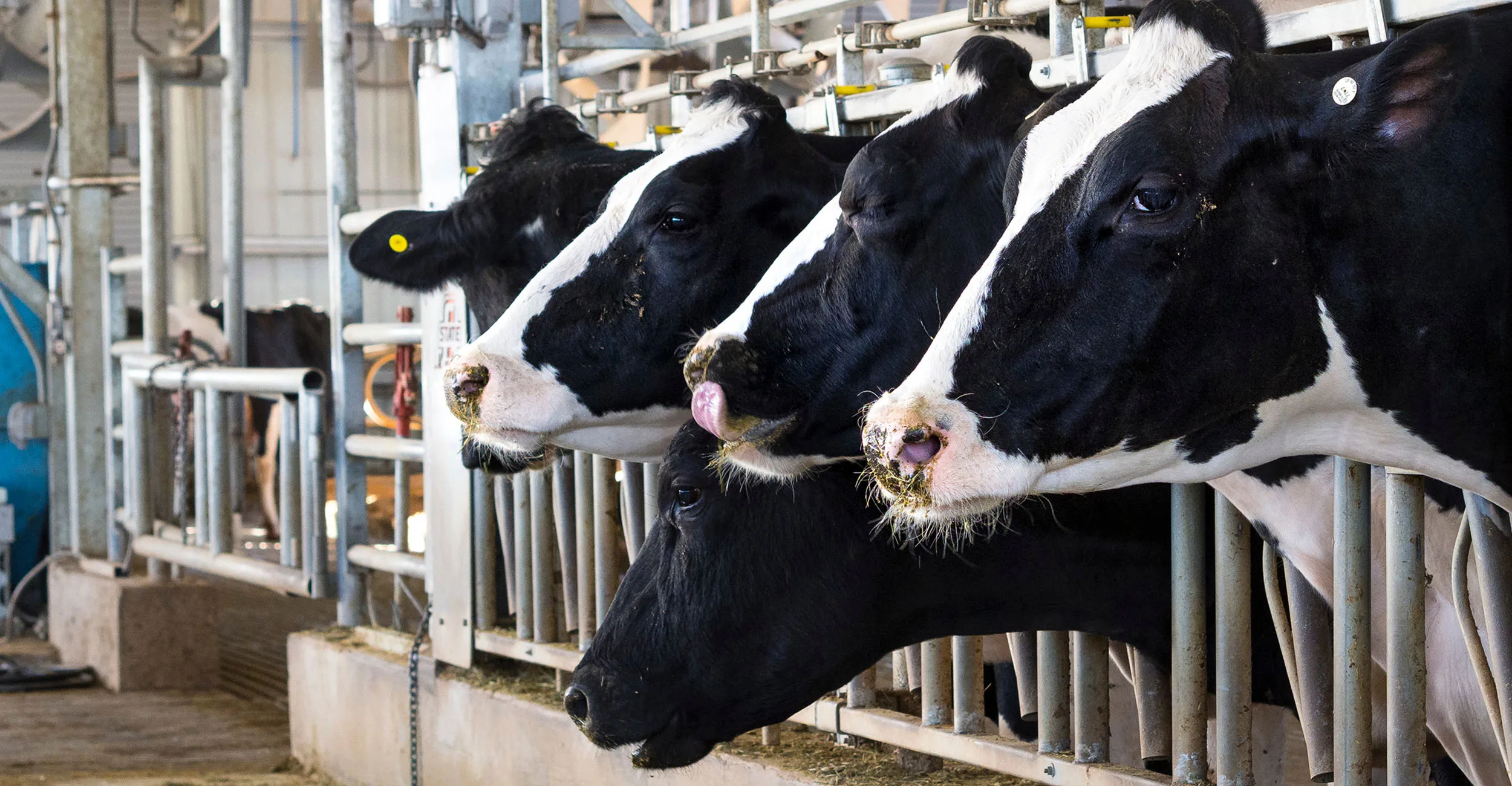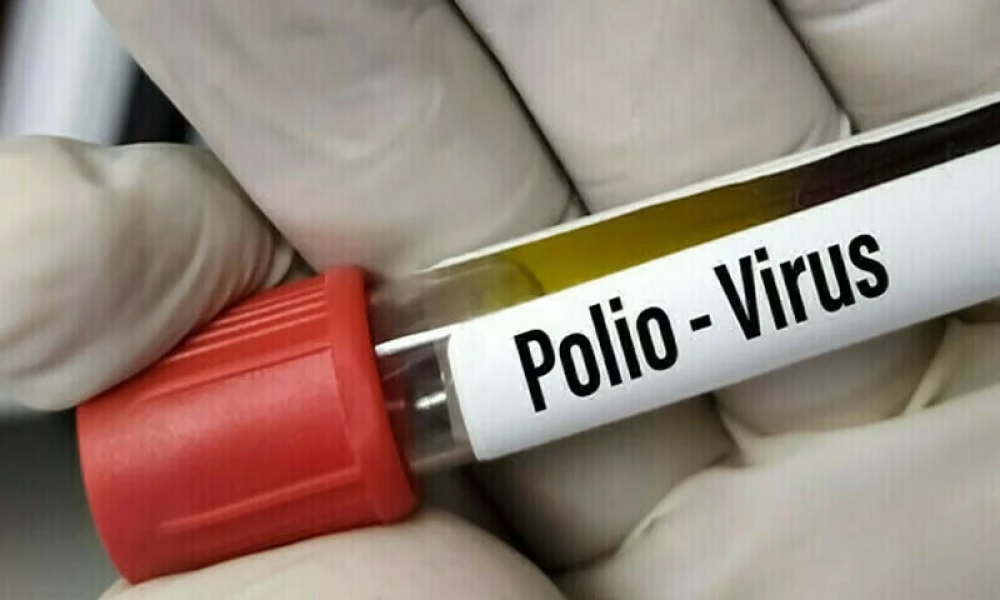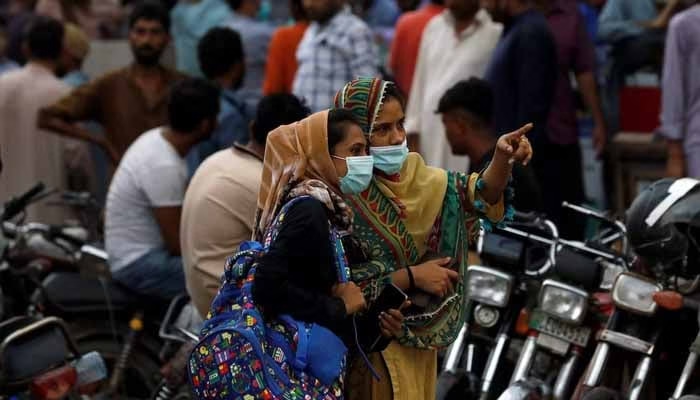The Social Policy Development Centre (SPDC) has put forward a proposal advocating for a 37 percent increase in Federal Excise Duty (FED) on tobacco products. The aim is to build upon existing progress and further enhance public health outcomes and revenue collection.
According to the SPDC’s policy paper titled “Recovering Healthcare Costs and Saving Lives,” aligning with recommendations from the World Health Organization (WHO) and the Campaign for Tobacco-Free Kids (CTFK), Pakistan stands to save approximately 265,000 lives, generate an additional revenue of Rs37.7 billion, and facilitate 757,000 individuals in quitting smoking by implementing the suggested increase in FED.
With the government gearing up to outline its budgetary agenda, the proposal underscores a commitment to prioritize public health and economic prosperity through targeted tobacco tax reforms.
Pakistan’s current system employs a two-tiered FED structure on cigarettes. Recent years have seen significant strides in tobacco taxation, with notable increases in FED. However, the SPDC warns that failure to continue this trend could have adverse effects on both revenue and public health efforts.
Therefore, the proposal calls for further adjustments in FED rates to align with international standards, aiming to raise the tax share of retail prices to around 70 percent. Specifically, it suggests increasing the FED share to 54 percent or Rs154 for economy brands and 72.1 percent or Rs452 for premium brands.
This proposal is supported by the tangible outcomes of previous tax adjustments, which have resulted in notable reductions in smoking rates and substantial financial gains for the government. Revenue collection from July 2023 to January 2024 has already reached Rs122 billion, with expectations of surpassing Rs200 billion by year-end. Additionally, these measures have contributed to reducing smoking rates and potentially recouping a significant portion of healthcare costs associated with smoking-related illnesses in Pakistan.



